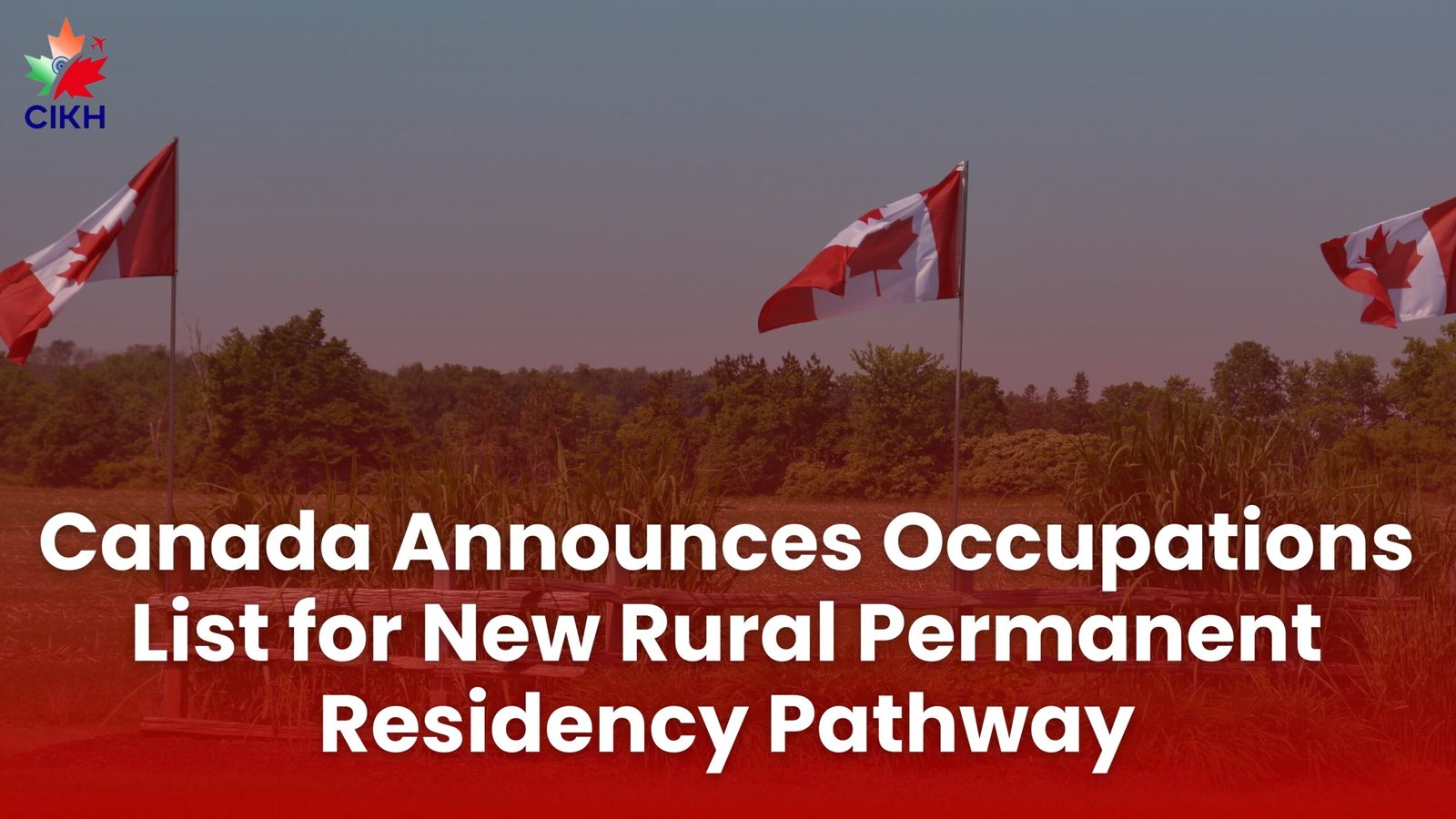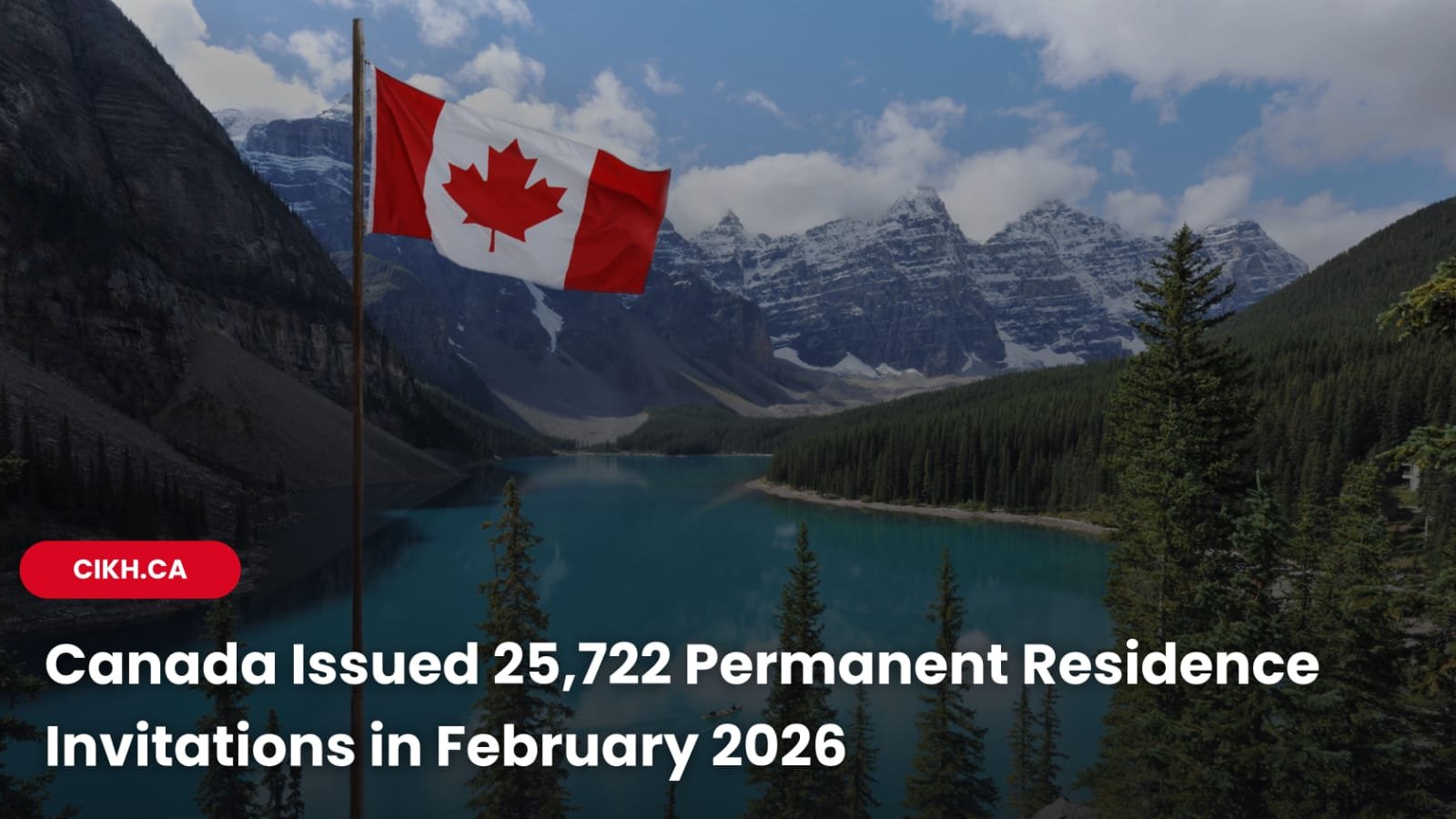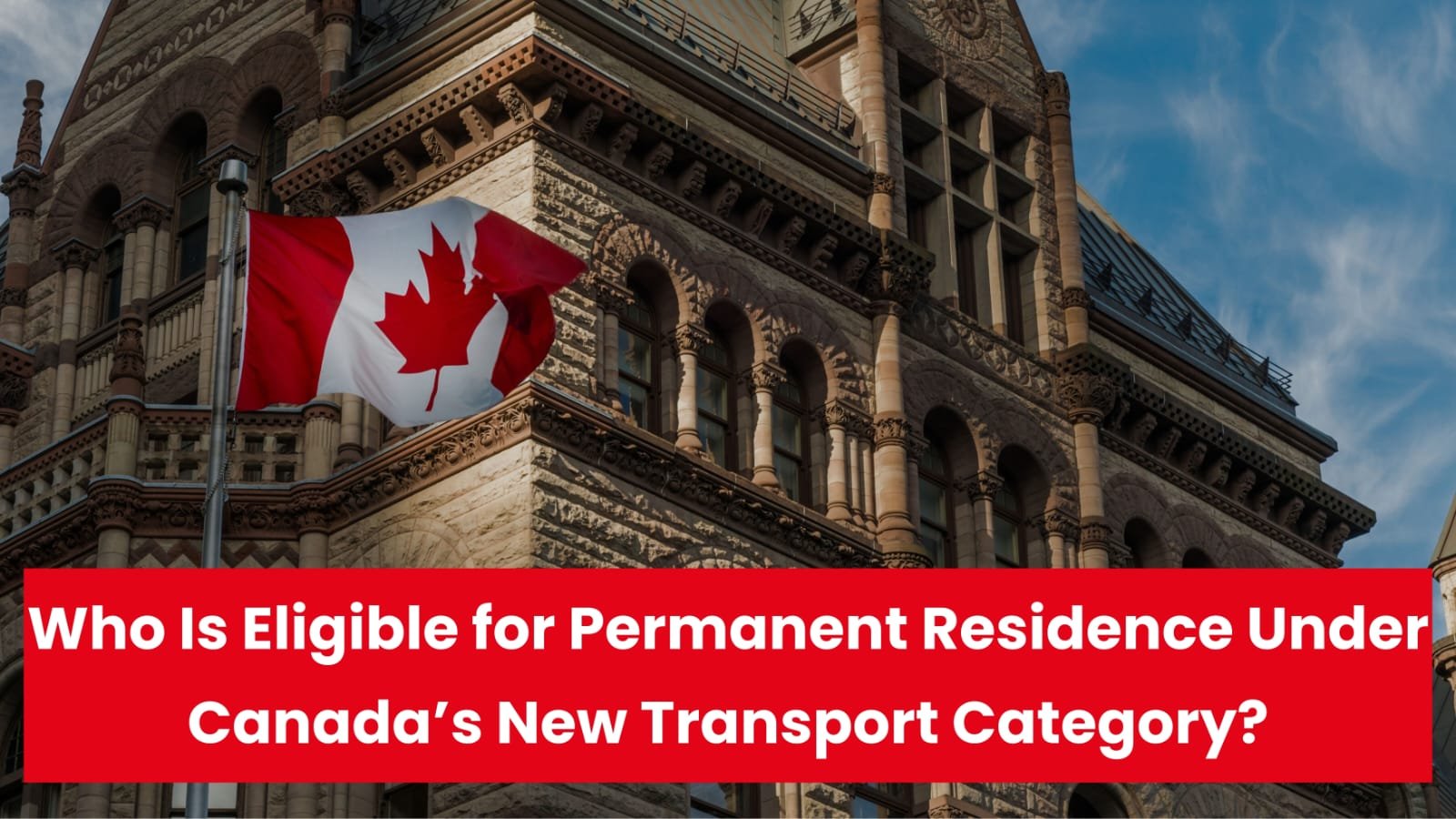Canada’s immigration strategy is evolving quickly, and one of the most exciting new developments is the Rural Community Immigration Pilot (RCIP)—officially launching on January 30, 2025. This bold initiative aims to tackle labour shortages in smaller towns by offering skilled workers around the world a clear, direct path to permanent residency.
Book Your Consultation for Canadian Immigration
In this guide, we break down the RCIP in detail, with a spotlight on the new occupation lists for three participating communities: Timmins and Sault Ste. Marie in Ontario, and Brandon in Manitoba. You’ll also find important info about eligibility, intake periods, and how to apply.
What is the RCIP?
The Rural Community Immigration Pilot is one of two major immigration programs launched in early 2025 by the Government of Canada (the other being the Francophone Community Immigration Pilot, or FCIP). The RCIP focuses on 14 rural and small communities across Canada (excluding Quebec) and is designed to attract talent in high-demand occupations.
Key Objectives:
- Address persistent labour shortages in rural areas.
- Offer permanent residency and LMIA-exempt work permits to skilled foreign nationals.
- Support population growth and economic development in communities often left out of mainstream immigration programs.
- Provide new pathways to PR for temporary residents (like international students and work permit holders).
Highlights of the RCIP
- Permanent Residency Pathway: Qualifying applicants can settle in Canada indefinitely.
- LMIA-Exempt Work Permits: Easier and faster hiring for employers.
- Community-Focused: Each community selects priority occupations based on local needs.
- Retention-Oriented: Applicants must demonstrate intent to live and contribute long-term in the community.
Community Spotlights
1. Timmins, Ontario
Known for its rich mining heritage and tight-knit community, Timmins is tapping into the RCIP to bring in talent across multiple sectors.
Priority Sectors:
- Health
- Education & Social Services
- Trades & Transport
- Natural Resources & Agriculture
- Business, Finance & Administration
Eligible Occupations (Sample):
- Registered nurses (NOC 31301)
- Industrial electricians (NOC 72201)
- Transport truck drivers (NOC 73300)
- Welders (NOC 72106)
- Elementary school teachers (NOC 41221)
Note: Some occupations require specific licenses or certifications.
Excluded Occupations:
- Taxi drivers and dispatchers are not eligible.
2025 Intake Periods:
Applications open for one week during these windows:
- April 27 – May 3
- May 25 – May 31
- June 22 – June 28
- July 27 – August 2
- August 24 – August 30
- September 21 – September 27
- October 26 – November 1
- November 23 – November 29
2. Sault Ste. Marie, Ontario
Located on the St. Marys River, Sault Ste. Marie is a hub for healthcare, education, and manufacturing.
Priority Sectors:
- Health
- Education & Social Services
- Sales & Service
- Trades & Transport
- Manufacturing & Utilities
Top Occupations Include:
- Nurse practitioners (NOC 31302)
- Industrial electricians (NOC 72201)
- Social service workers (NOC 42201)
- Mechanical engineers (NOC 21301)
- Food service supervisors (NOC 62020 – capped)
Occupation Caps (Annual Limits):
- Food Service Supervisors: 25 max (2 per employer)
- Guest Service Supervisors: 10 max
- Security Guard Supervisors: 20 max
2025 Intake Periods:
Each application window is two weeks long:
- April 27 – May 10
- May 25 – June 7
- June 22 – July 5
- July 20 – August 2
- August 17 – August 30
- September 14 – September 27
- October 12 – October 25
- November 9 – November 22
3. Brandon, Manitoba
As Manitoba’s second-largest city, Brandon plays a central role in agriculture, healthcare, and industry in the Prairies.
Priority Sectors:
- Health (15% of spots dedicated)
- Trades & Transport
- Manufacturing & Utilities
- Engineering & Tech
- Education & Social Services
Notable Occupations (With Requirements):
| Sector | NOC Code | Occupation | TEER | Min CLB |
|---|---|---|---|---|
| Health | 31301 | Registered nurses | 1 | CLB 6 |
| Trades | 72106 | Welders | 2 | CLB 5 |
| Science | 21300 | Civil engineers | 1 | CLB 6 |
| Education | 42202 | Early childhood educators | 2 | CLB 5 |
RCIP Eligibility Requirements
To qualify, you’ll need to meet several key criteria:
- Job Offer: Full-time, non-seasonal role in an eligible occupation within a participating RCIP community.
- Work Experience: At least 1 year (1,560 hours) of relevant work experience in the last 3 years.
- Language Skills: Meet minimum Canadian Language Benchmark (CLB) requirements based on the TEER level of your occupation.
- Education: Minimum of Canadian high school diploma or equivalent (with ECA for foreign credentials).
- Intent to Reside: Proof of intent to live in the community.
- Settlement Funds: Unless already employed in Canada, you must show financial means to support yourself and your family.
- Community Recommendation: Letter of recommendation from a designated local organization.
How to Apply for the RCIP
Here’s a step-by-step roadmap:
- Find a Job in an eligible occupation within Timmins, Sault Ste. Marie, or Brandon.
- Collect Your Documents: Work experience, education, proof of funds, language test results (IELTS or CELPIP), etc.
- Apply Online via the IRCC portal during your chosen community’s intake period.
- Obtain a Community Recommendation from the designated local body.
- Pay Your Fees: Including processing and biometrics.
- Wait for Processing: If successful, you’ll receive a Confirmation of Permanent Residence (COPR) and LMIA-exempt work permit.
Tips for a Strong Application
- Start Early: Prepare documents in advance.
- Boost Your CLB Score: Better language scores = stronger application.
- Get to Know the Community: Show your intent to settle long-term.
- Work with Local Employers: Secure a solid job offer aligned with priority sectors.
The RCIP: Your Gateway to Life in Rural Canada
The Rural Community Immigration Pilot isn’t just another immigration program—it’s a powerful new pathway to build a life, career, and future in Canada’s vibrant rural regions.
Whether you’re a healthcare professional, tradesperson, engineer, or educator, the RCIP opens the door to permanent residency and a welcoming new home.
With the first intake period starting April 27, 2025, now’s the time to act. Explore your options, connect with communities, and take the next step toward your Canadian dream.






